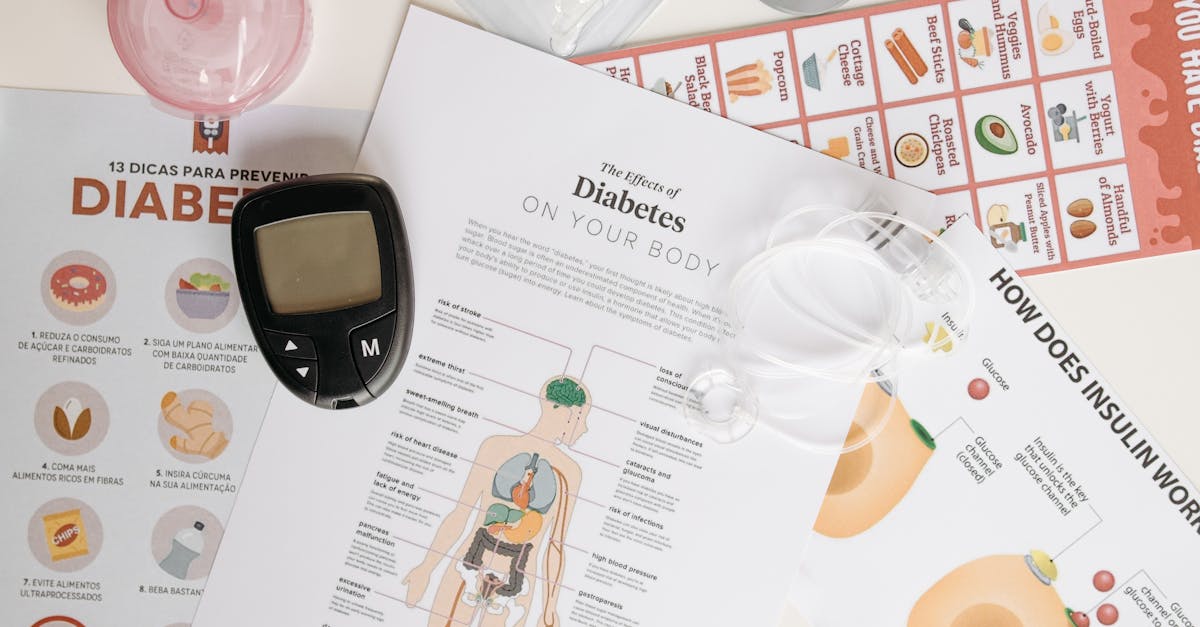Understanding Osteoporosis Treatments
Introduction
Osteoporosis is a condition where bones become weak and brittle, increasing the risk of fractures. Affecting millions worldwide, it requires effective management to maintain bone health. The array of treatments aims at reducing bone loss and promoting bone growth.
Advertisement
Calcium and Vitamin D
Calcium is a fundamental mineral for bone formation, and regular intake is essential for bone health. Vitamin D enhances the absorption of calcium, making it equally important. Supplements can help individuals meet their daily requirements when dietary intake falls short.
Advertisement
Bisphosphonates Explained
Bisphosphonates are commonly prescribed medications for osteoporosis. They work by inhibiting bone resorption, a process where bone cells are broken down. Famous brands include Alendronate and Risedronate, known for reducing fracture risk in various bones.
Advertisement
Hormone-Related Therapy
Hormone therapy targets hormones involved in bone density. Estrogen therapy is effective in women post-menopause, although it comes with potential side effects. Alternatively, Selective Estrogen Receptor Modulators (SERMs) can mimic estrogen's bone-preserving benefits with fewer risks.
Advertisement
Anabolic Agents
Anabolic medications treat osteoporosis by stimulating new bone formation. Teriparatide is an example that mimics the parathyroid hormone, encouraging bone growth. It is typically reserved for patients with severe osteoporosis due to its specialized action.
Advertisement
Monoclonal Antibodies
Denosumab, a monoclonal antibody, targets a protein involved in bone breakdown. Administered biannually, it significantly reduces bone loss and fracture risk. It offers an alternative for patients unable to tolerate other osteoporosis medications.
Advertisement
Lifestyle Modifications
Incorporating lifestyle changes is vital in osteoporosis management. Weight-bearing exercises, such as walking and resistance training, strengthen bones. A balanced diet rich in nutrients supports bone health, and quitting smoking and moderating alcohol intake are beneficial.
Advertisement
Fall Prevention Strategies
Preventing falls is crucial for individuals with osteoporosis to avoid fractures. Home modifications, such as removing tripping hazards and installing grab bars, improve safety. Balance exercises, like yoga and tai chi, enhance stability and decrease fall risk.
Advertisement
Regular Bone Density Testing
Bone density tests, such as DEXA scans, provide insights into bone health. Regular assessments help track progress and effectiveness of the treatment plan. Monitoring bone density guides necessary adjustments to therapeutic approaches.
Advertisement
Conclusion
Treating osteoporosis requires a comprehensive approach combining medications, supplements, and lifestyle changes. Early intervention and consistent management prevent severe complications. By following a tailored treatment strategy, individuals can maintain bone strength and quality of life.
Advertisement


